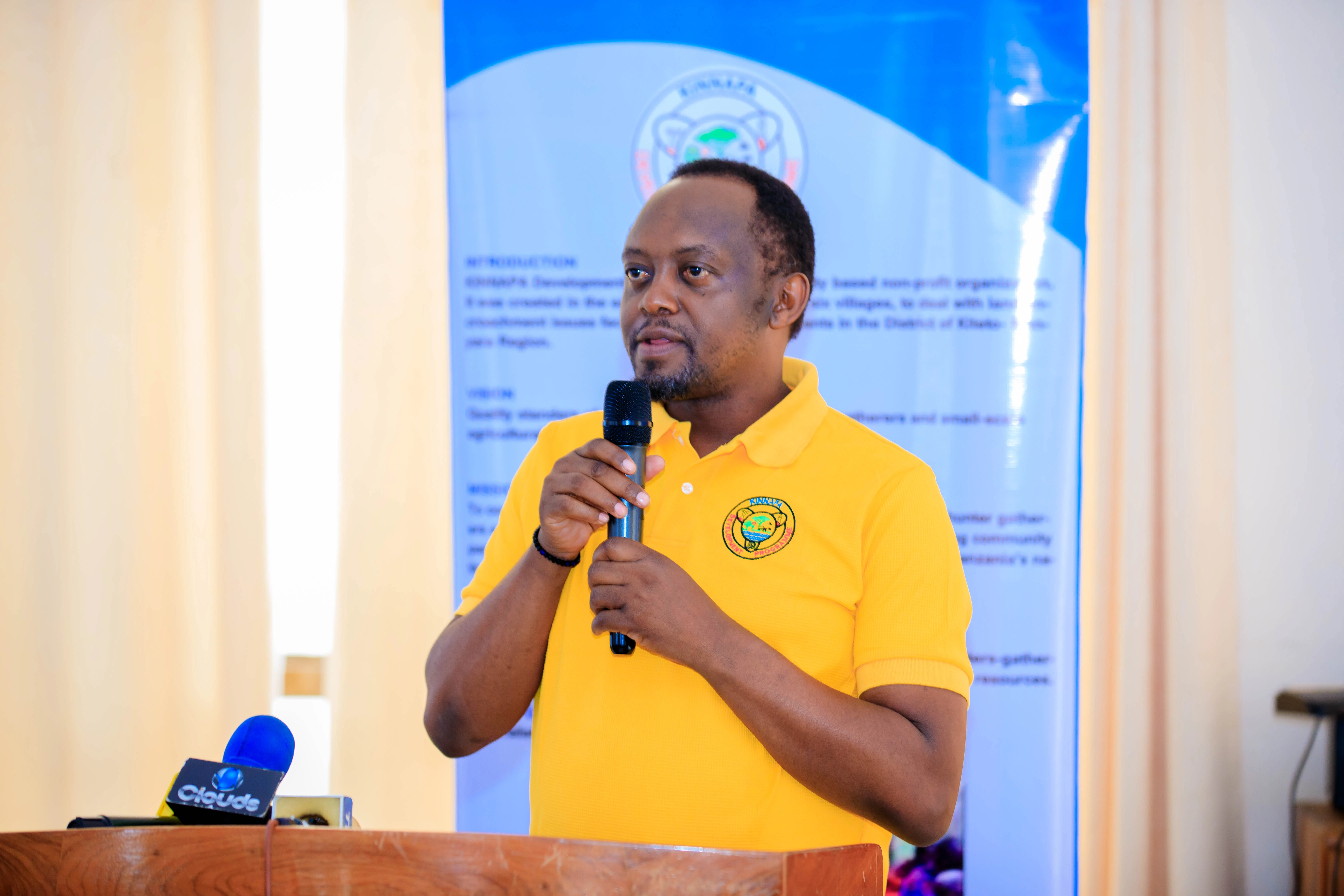
Empowering Media to Champion Girls’ Education and Combat Gender-Based Violence in Manyara Region
On July 1, 2025, a transformative capacity-building initiative brought together 40 participants, including the Regional Education Officer, District Education and Community Development Officers, Social Welfare Officer, and media professionals from radio, print, TV, and digital platforms in Manyara Region. Organized by KINNAPA under the Joint Action Grant (JAG) project, with support from the Malala Fund, the event underscored the media’s pivotal role in advocating for girls’ education, government re-entry programs, and the fight against gender-based violence (GBV).
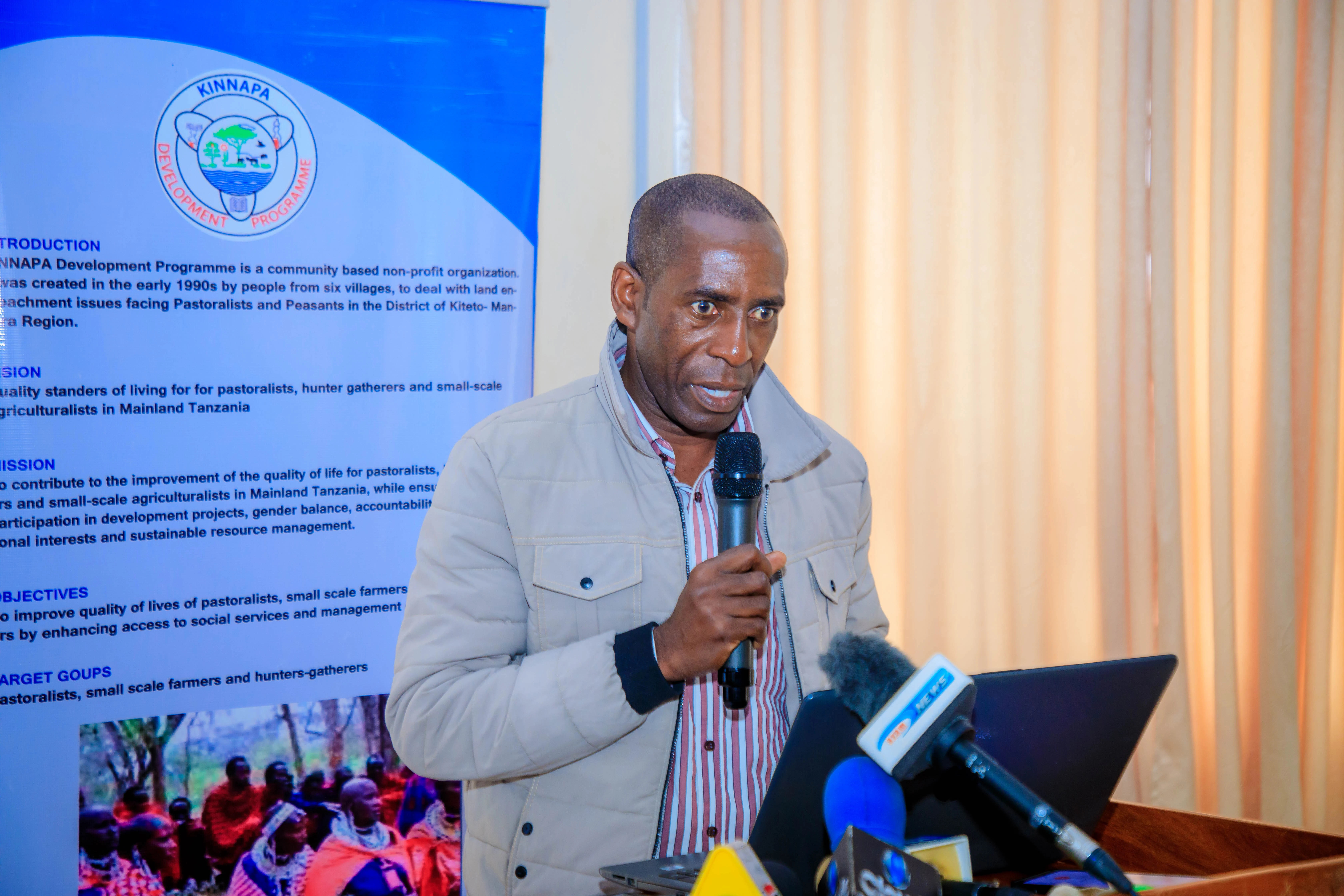
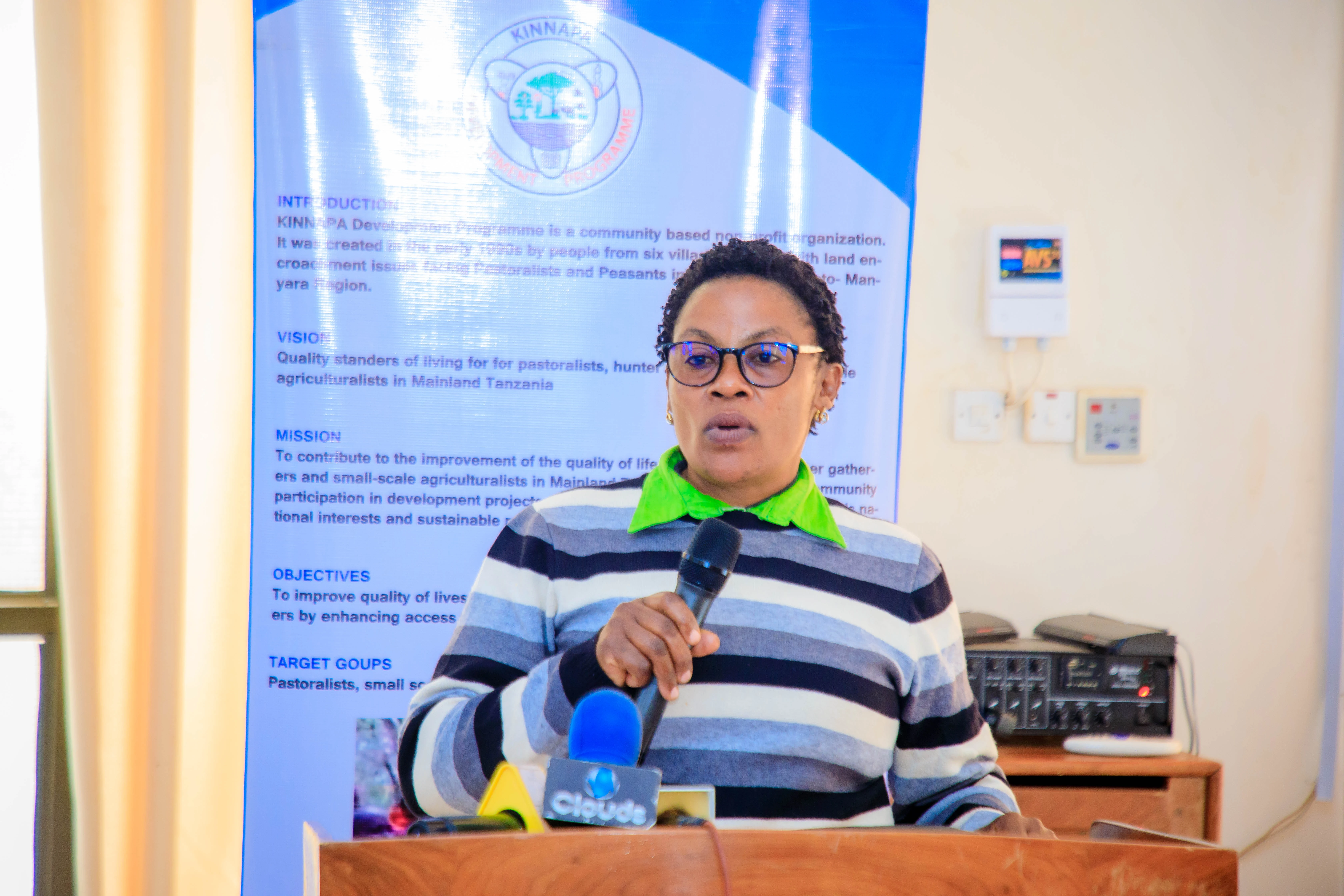
Objectives of the Initiative
- Enhance media understanding of girls’ education and its role in advocacy.
- Raise awareness about Tanzania’s Re-entry Program for girls who dropped out due to pregnancy.
- Strengthen media capacity to report on GBV and harmful traditional practices.
- Foster partnerships between media and civil society to promote gender equality and inclusive education.
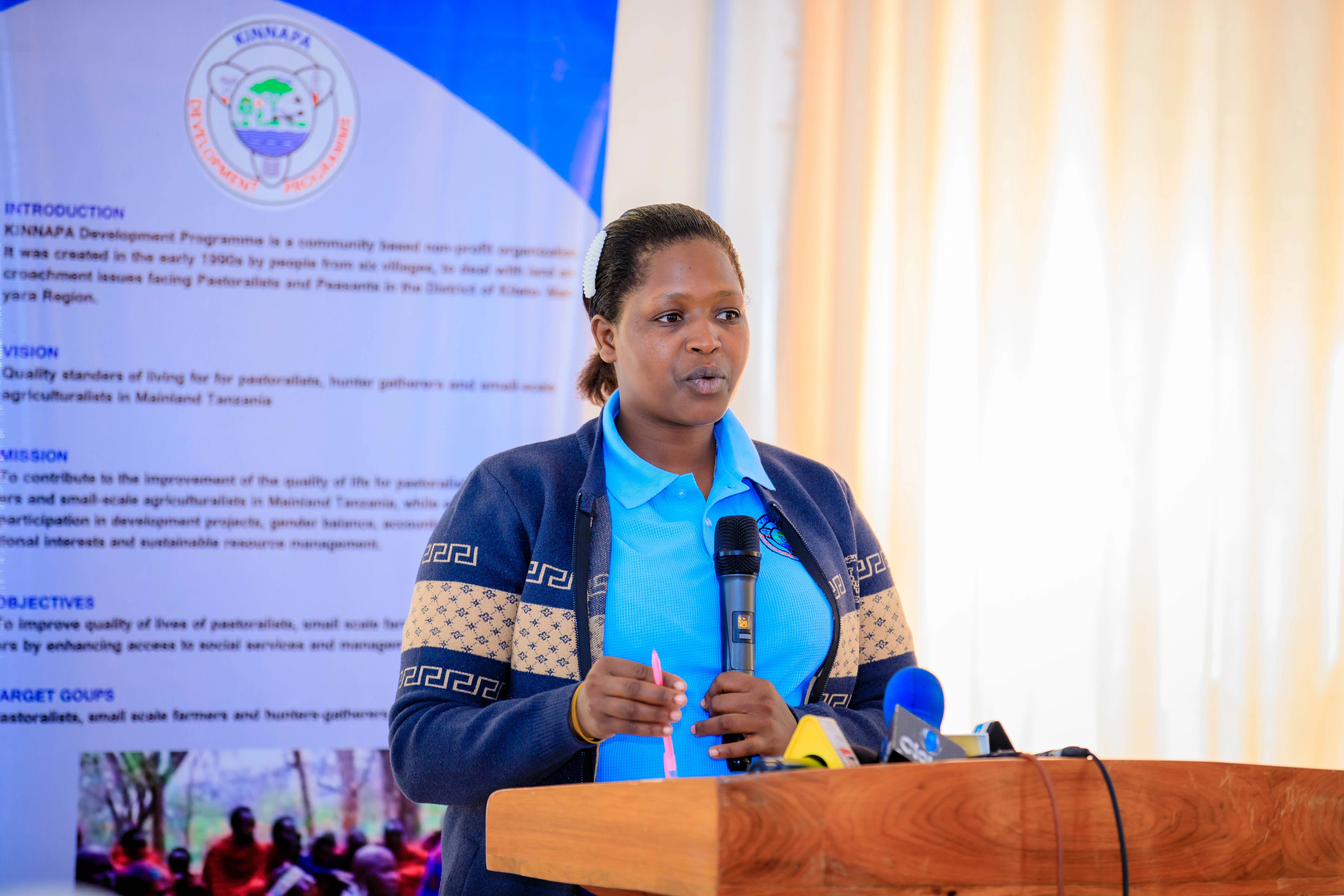
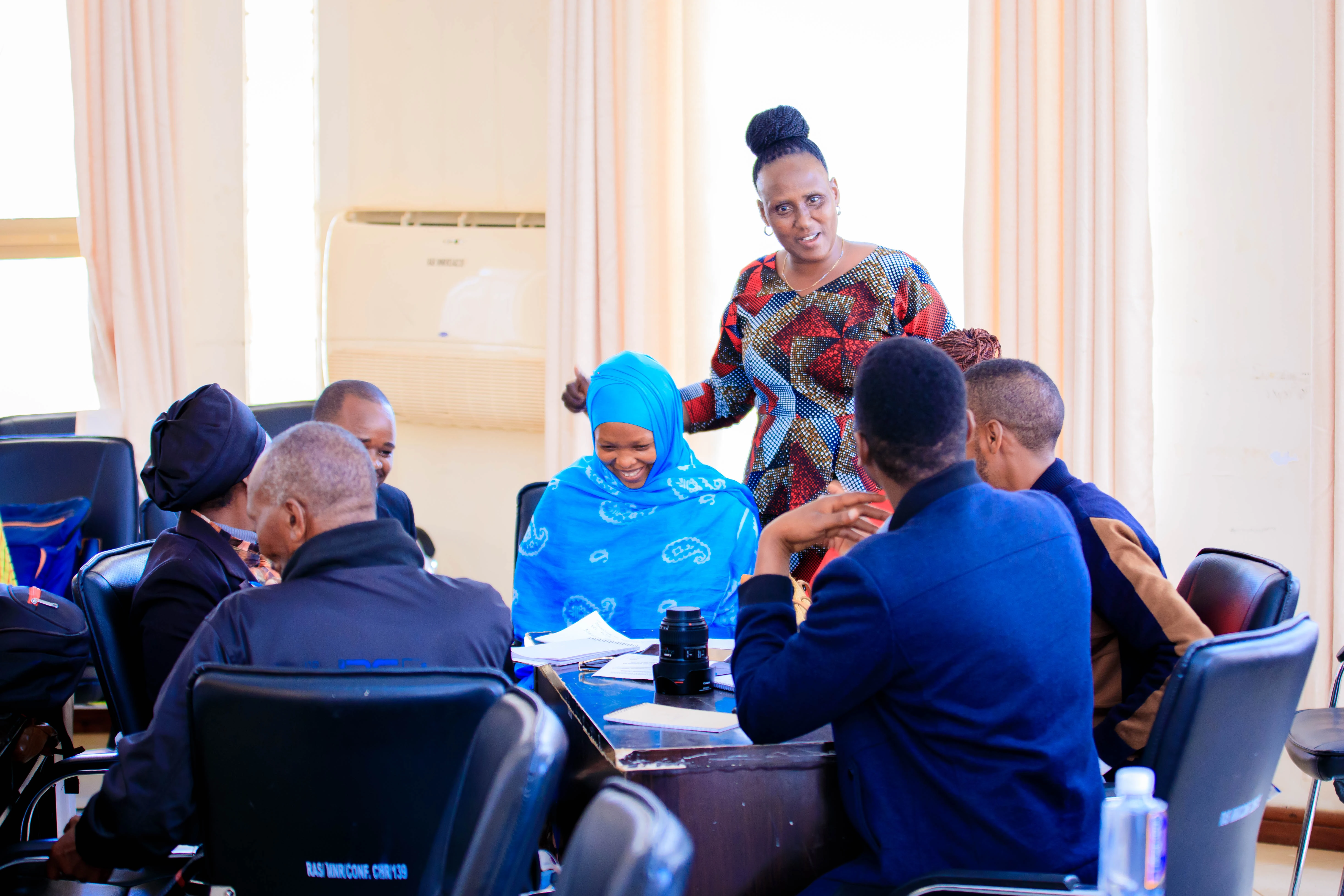
Key Topics Covered
1. The Power of Girls’ Education
The meeting highlighted girls’ education as a cornerstone of development, driving poverty reduction, better maternal health, lower child mortality, HIV prevention, and reduced violence. Each additional year of schooling can boost a girl’s future earnings by up to 20%. Media representatives were urged to share success stories, promote positive narratives, and challenge stereotypes that undervalue girls’ education.
2. Understanding Re-entry Programs
Tanzania’s re-entry program enables girls who dropped out due to pregnancy, early marriage, or other challenges to return to school. The media’s role in shaping public opinion, ensuring policy enforcement, and sharing inspiring stories of young mothers who succeeded academically was emphasized. The District Education Officer reported that 21 out of 85 girls who dropped out due to pregnancy have successfully returned to school, signaling progress and the need for continued media and community support.
3. Addressing Gender-Based Violence (GBV)
GBV was identified as a major cause and consequence of school dropouts. The Social Welfare Officer shared encouraging data: GBV cases in Babati District dropped from 330 in 2022 to 293 by June 2025, reflecting community sensitization and improved reporting. Notably, no school dropouts due to pregnancy were recorded in the district this year, thanks to active school clubs and awareness of the re-entry policy. The media was encouraged to highlight progress, uncover unreported cases, and advocate for girls’ protection.
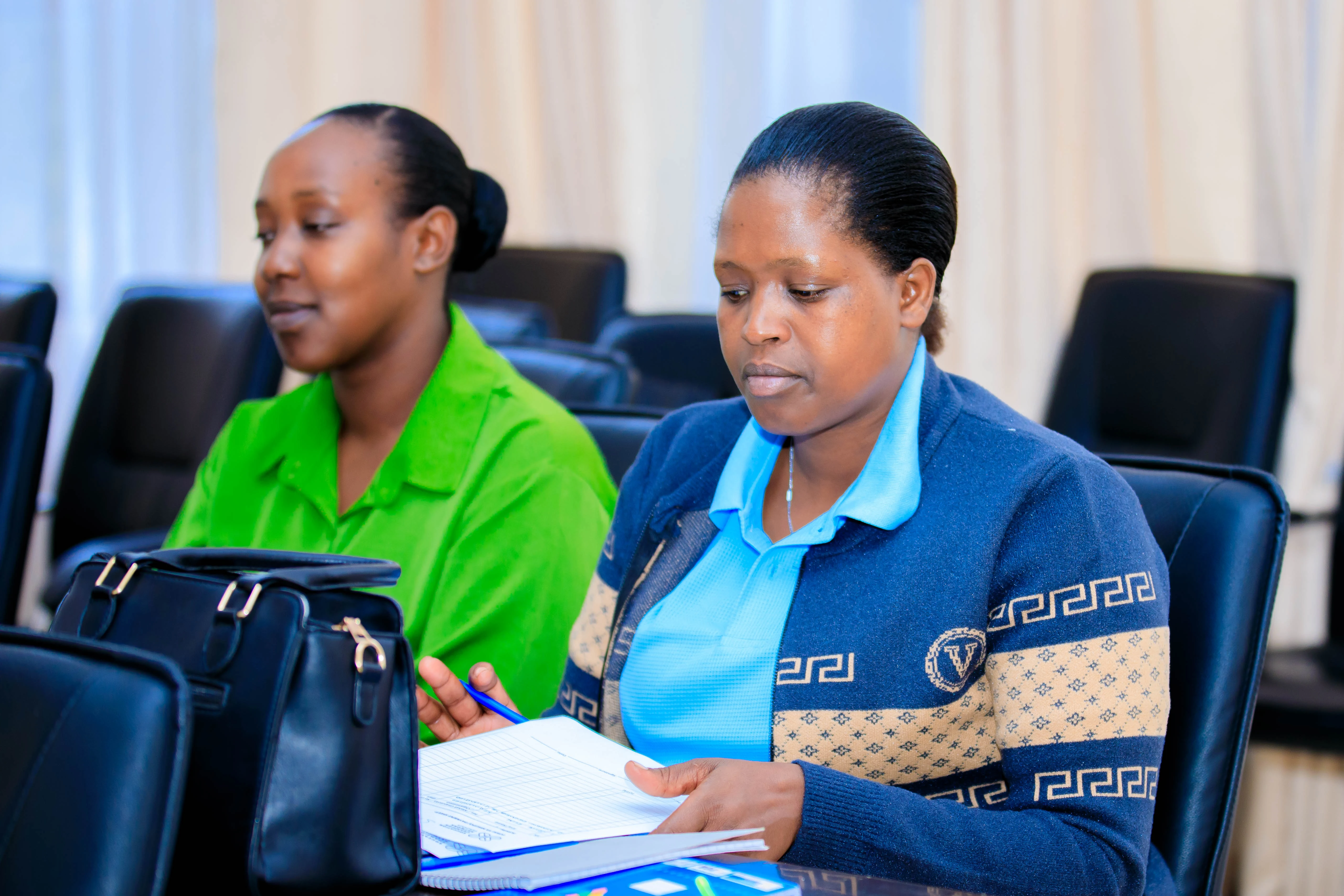
.webp)
Dynamic Dialogue Session
Participants engaged in a lively discussion, raising critical questions about district support for GBV survivors, the need for safe houses, and stronger government-media collaboration. Media representatives formed groups to develop action plans, proposing community radio programs, survivor success stories, and social media campaigns to educate the public on girls’ education, re-entry policies, and GBV prevention.
Outcomes
- Increased media awareness of gender-sensitive reporting.
- Journalists committed to prioritizing education and GBV stories in their editorial agendas.
- Formation of a media advocacy group to support KINNAPA’s initiatives for girls’ rights.
- Plans for radio programs and newspaper articles targeting parents and local leaders.
Challenges
- Deep-rooted cultural norms hindering advocacy efforts.
- Stigma faced by GBV survivors and a shortage of trained professionals for psychosocial support.
- Lack of a One-Stop Centre for comprehensive survivor services (medical, legal, counseling).
Recommendations
- Ongoing engagement and follow-up trainings to sustain impact.
- Government investment in girls’ dormitories to reduce barriers like long school commutes, which contribute to dropouts and violence.
- Organizing a dedicated Anti-GBV Week in Manyara Region to amplify local efforts.
Conclusion
The meeting empowered media professionals to champion girls’ education, support re-entry programs, and combat GBV. By leveraging their platforms, the media can transform attitudes, influence policy, and ensure no girl is left behind. Continued collaboration between media, civil society, and government is essential for sustainable change in Manyara Region and beyond.
Join the movement for girls’ rights and gender equality! Share this story and amplify the call for inclusive education and a violence-free future.
